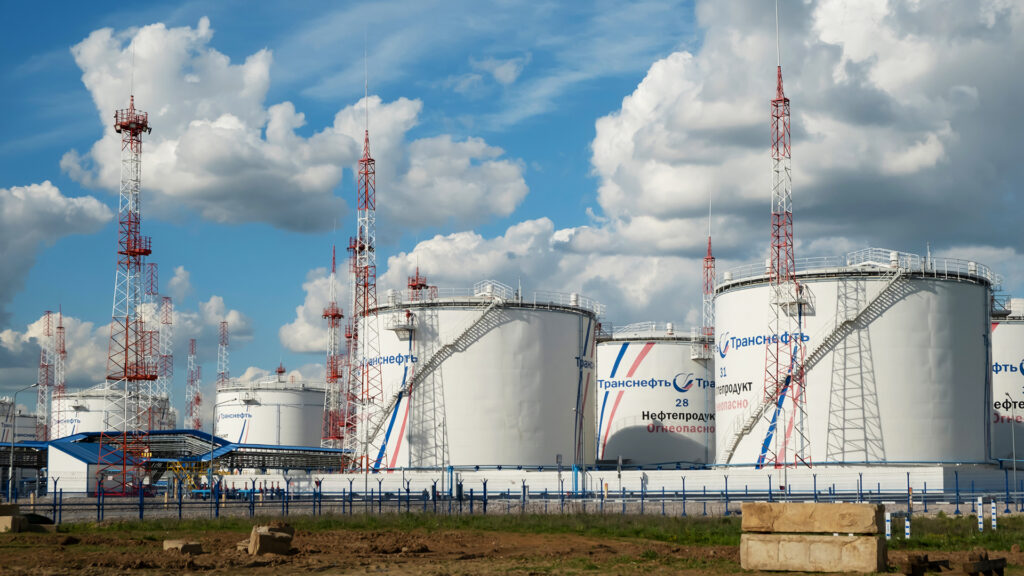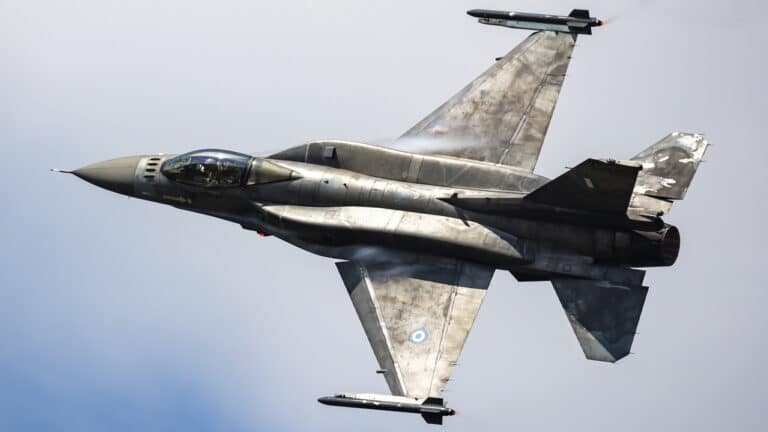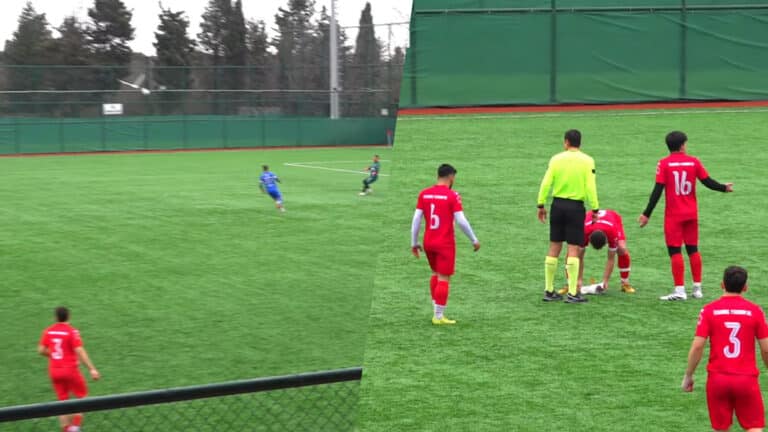
Pipeline operators in Poland and Russia have settled the issue that threatened to stop the transit of Kazakhstani oil to Germany via the Druzhba oil pipeline, according to people familiar with the matter cited by Reuters.
In April, Russian Transneft warned Kazakhstan that its oil export to Germany might be stopped due to problems with servicing oil flowmeters in Poland.
The problem emerged when Russian Transneft and Polish pipeline operator PERN couldn’t extend their servicing contract that expires on June 5. PERN was reluctant to sign any new arrangements with Russia that might put it at risk of breaching anti-Russian sanctions imposed by the vast majority of Western countries.
However, the two sides agreed that oil flowmeters in Poland would be served by a company from Slovakia, not from Russia. The move is expected to let PERN avoid sanctions and ensure that the measuring devices meet Russian standards.
«Transneft’s warning to Kazakhstan was a reminder of the landlocked country’s reliance on Russia for its exports, with most of Kazakhstan’s flow of 1.5 million barrels per day, or 1.5% of global supply, going via various Russian pipelines,» Reuters reported.
The Druzhba pipeline has a capacity of two million barrels per day. The pipeline reported a sharp decline in the volume of oil after the EU refused to purchase Russian oil. The northern branch line of the pipeline that goes from Belarus and Poland to Germany is currently used for the export of Kazakhstani KEBCO oil from the Karachaganak field to the Schwedt refinery, which mainly supplies its products directly to Berlin. So far, the volume of Kazakhstani oil exports to Germany isn’t that big and is expected at 1.2 million tons of oil this year.













